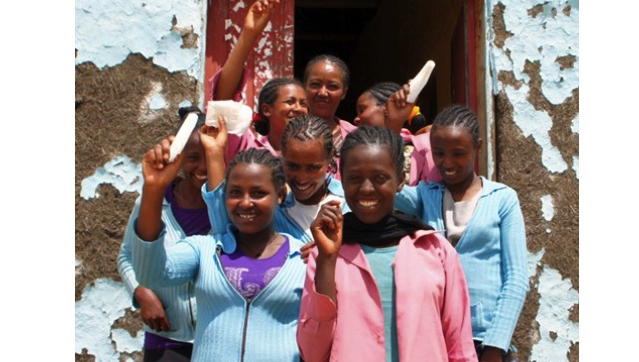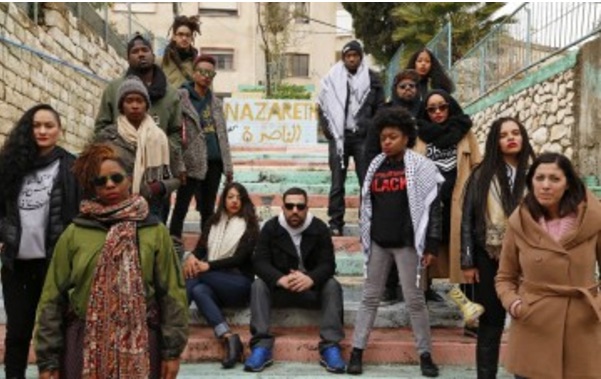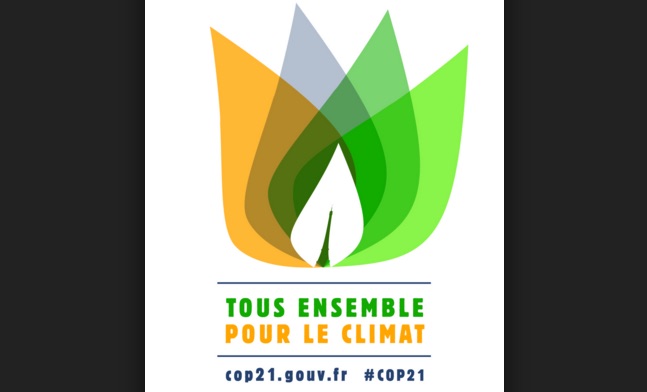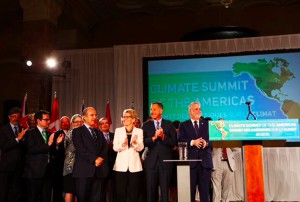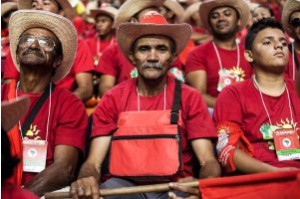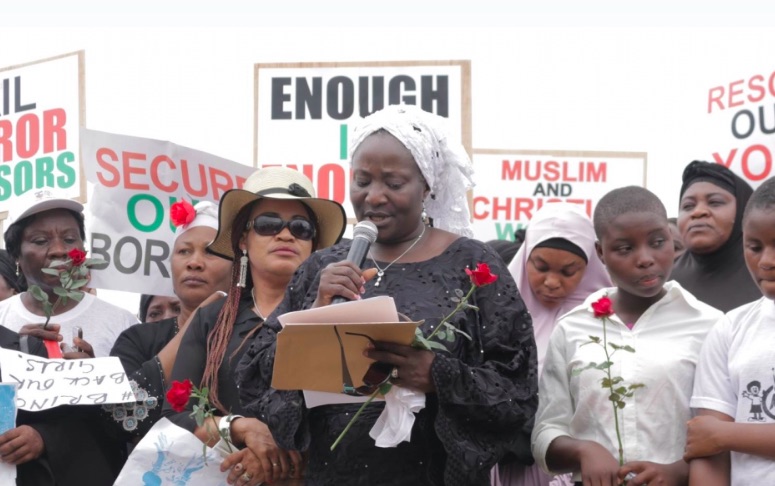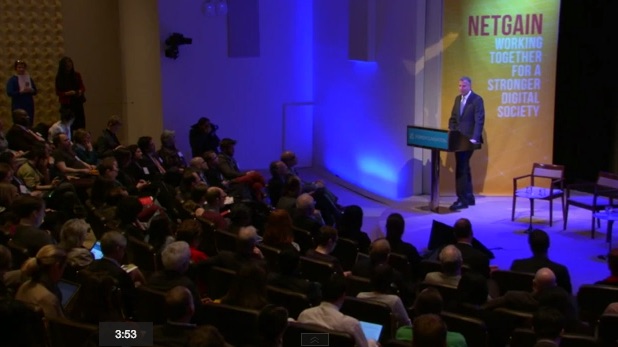
Despite the fact that the climate accord negotiated by the Member States of the UN in Paris does not promise to solve the problem of sustainable development, there is growing progress in renewable energy which ultimately may solve much of the problem.
Here are the articles in CPNN since 2015 showing this progress. For discussion and articles prior to 2015, click here.
Readers are encouraged to add their comments below.
ARTICLES IN ENGLISH
February 15, 2021: With 10-Point Declaration, Global Coalition of Top Energy Experts Says: ‘100% Renewables Is Possible’
November 27, 2020: Iceland moved from oil to geothermal in only 12 years
November 1, 2020: South Australia Got 100% Of Its Electricity From Solar For 1 Hour
February 28, 2019: A slew of electric truck plans may deliver the goods for China’s EV ambitions
February 19, 2019: Solar Energy Provides Hope for Poor Neighbourhoods in Buenos Aires
January 4, 2019: Germany: Renewables overtake coal as main power source
November 20, 2018: Researchers Develop Artificial Photosynthesis System that Generates Both Hydrogen Fuel and Electricity
October 7, 2018: Indigenous Peoples Link Their Development to Clean Energies
September 3, 2018: Why India’s Solar Water-Drawing ATMs and Irrigation Pumping Systems Offer Replicable Strategies
August 16, 2018: How Corporations ‘Bypassed the Politics’ to Lead on Clean Energy in 2017
July 30, 2018: India strides towards clean energy leadership
May 21, 2018: Solar Leads Record Renewables Investment
January 17, 2018: ‘World’s First Solar Highway’ Opens in China for Testing
December 27, 2017: Top five solar energy inventions from Africa
September 20, 2017: The World Nuclear Industry Status Report 2017
September 11, 2017: China’s Upcoming Transition to Electric Cars ‘Will Benefit the Whole Economy’
September 5, 2017: In India the energy revolution does not wait !
September 5, 2017: China eclipses Europe as 2020 solar power target is smashed
May 8, 2017: Germany Breaks Record: 85% of Energy Comes From Renewables Last Weekend
February 3, 2017: Coal and oil demand ‘could peak in 2020’
January 30, 2017: Latest Data Support Bullish Stance on Commercial Energy Storage
November 27, 2016: 47 of the world’s poorest countries are aiming to hit 100% renewable energy
October 28, 2016: Global renewables capacity overtakes coal for first time
October 21, 2016: Boosting Renewables in Cities is Vital to Achieve Climate and Development Goals
October 18, 2016: China financing renewable energy
October 17, 2016: Swiss ban new nuclear reactors
October 15, 2016: You’ll never believe how cheap new solar power is
October 15, 2016: Urban leadership in the US for renewable energy
October 4, 2016: Catholic institutions around the world divest from fossil fuel extraction
September 8, 2016: The story of the first Spanish renewable energy cooperative
April 19, 2016: Renewable Energy Investments: Major Milestones Reached, New World Record Set
February 17, 2016: France expects to have 1000 kilometers of solar routes within 5 years!
January 2, 2016: USA: Renewable Energy Soars in 2015
November 16, 2015: Global climate cash flows neared $400bn in 2014 – report
May 17, 2015: MITEI Releases Report on The Future of Solar Energy
May 14, 2015: Book Review: Seven Surprising Realities Behind The Great Transition to Renewable Energy

